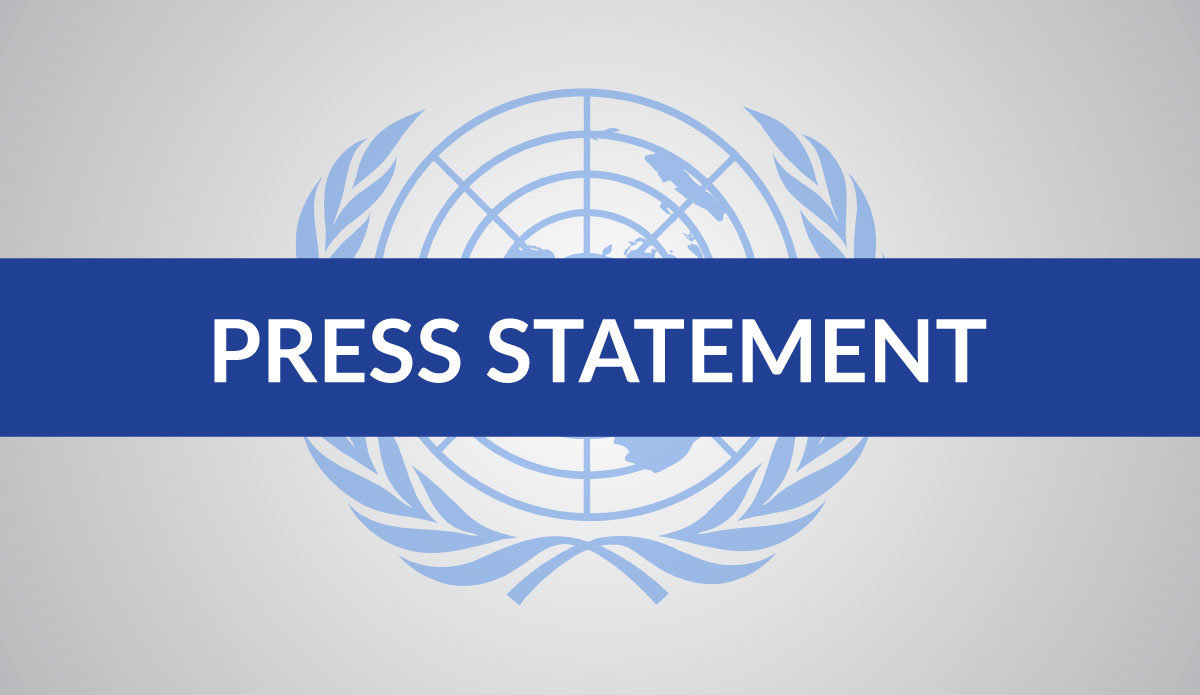Mogadishu – The Federal Government of Somalia and the United Nations today signed a new cooperation agreement which sets out how the country and the world body will work together over the next five years to achieve peace, stability and prosperity for all Somalis.
The signing ceremony for the agreement – the UN Sustainable Development Cooperation Framework (UNCF) – was held in the capital, Mogadishu, and attended from the government’s side by Deputy Prime Minister Mahdi Mohamed Guled, and the Federal Minister of Planning, Investment and Economic Development, Gamal M. Hassan.
From the world body’s side, those attending included the UN Secretary-General’s Special Representative for Somalia, James Swan, and the UN Resident and Humanitarian Coordinator for Somalia, Adam Abdelmoula, who also serves as the UN Secretary-General’s Deputy Special Representative for Somalia.
The UNCF will replace a similar, previous agreement – the UN Strategic Framework (UNSF) – which expires at the end of this year.
“Since signing of the UN Strategic Framework in December 2017, Somalia has made remarkable progress in its journey towards consolidating peace and sustainable and inclusive development, with steadfast UN support,” Mr. Swan said at the signing ceremony.
The UNCF represents the collective commitment of the Federal Government of Somalia and the United Nations to work together in support of the 2030 Agenda for Sustainable Development and the Sustainable Development Goals (SDGs). The Goals are a universal call to action to end poverty, protect the planet and improve the lives and prospects of everyone everywhere, and were adopted by all UN Member States in 2015 as part of the 2030 Agenda, which sets out a 15-year plan to achieve the SDGs.
In particular, the UNCF outlines ways in which the United Nations intends to support government-owned and government-led priorities. The Framework’s main pillars of activity directly mirror those of Somalia’s ninth National Development Plan (NDP-9), namely, inclusive politics and reconciliation; security and the rule of law; economic development; and social development.
“The UNCF is an impressive achievement of collaboration across levels of the UN, Government and other stakeholders,” said Mr. Abdelmoula. “It is through this Framework that the UN, with our partners, will further strive to address the structural causes of chronic fragility and instability that have constrained inclusive and sustainable development in Somalia for decades.”
In his remarks at the event, Deputy Prime Minister Mahdi Mohamed Guled commended the efforts of the United Nations and said he looked forward to strengthening the government’s partnership with it in order to address Somalia’s complex challenges across the humanitarian-development-peacebuilding nexus.
“I welcome the UN’s clear commitment to supporting Somalia’s national development priorities through the direct alignment of the Cooperation Framework with the NDP-9, as well as the aid coordination architecture,” he said.
The event was attended in-person and virtually by a number of government and UN officials, as well as representatives of the diplomatic community.





